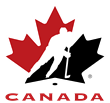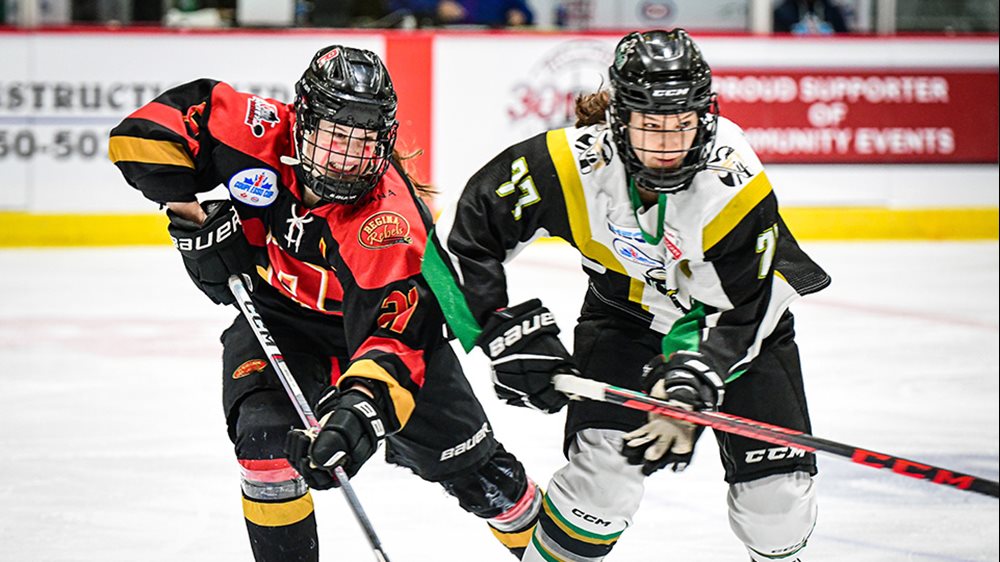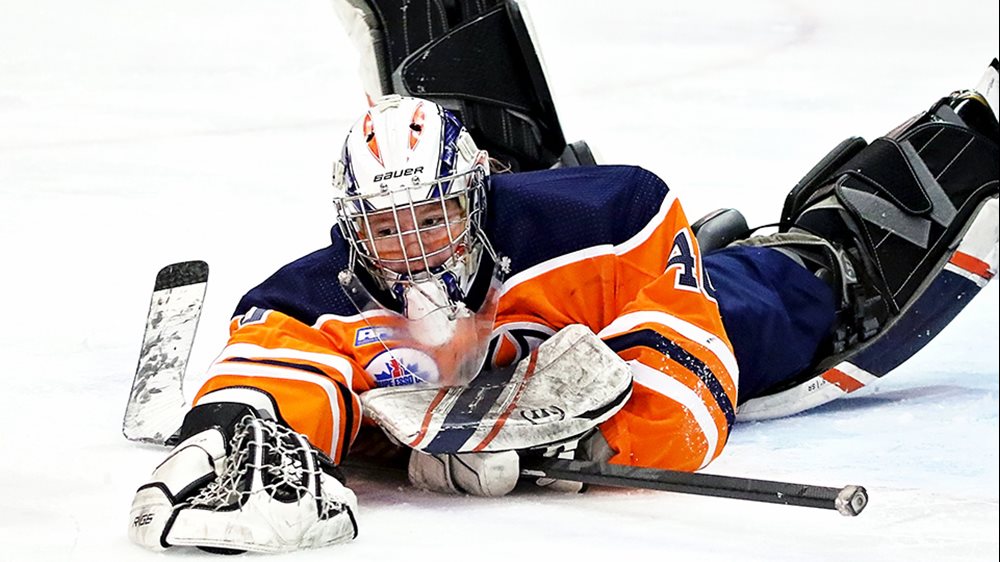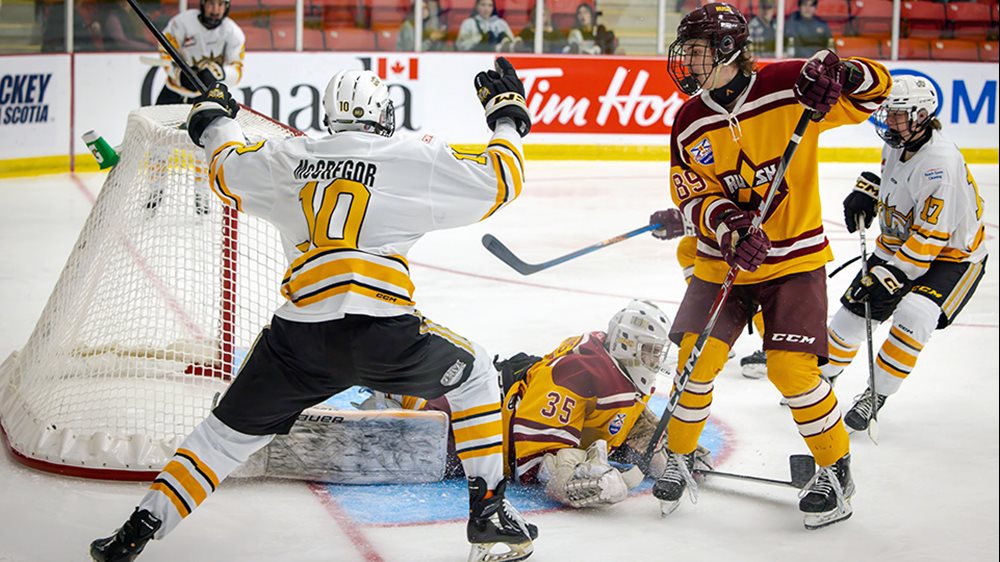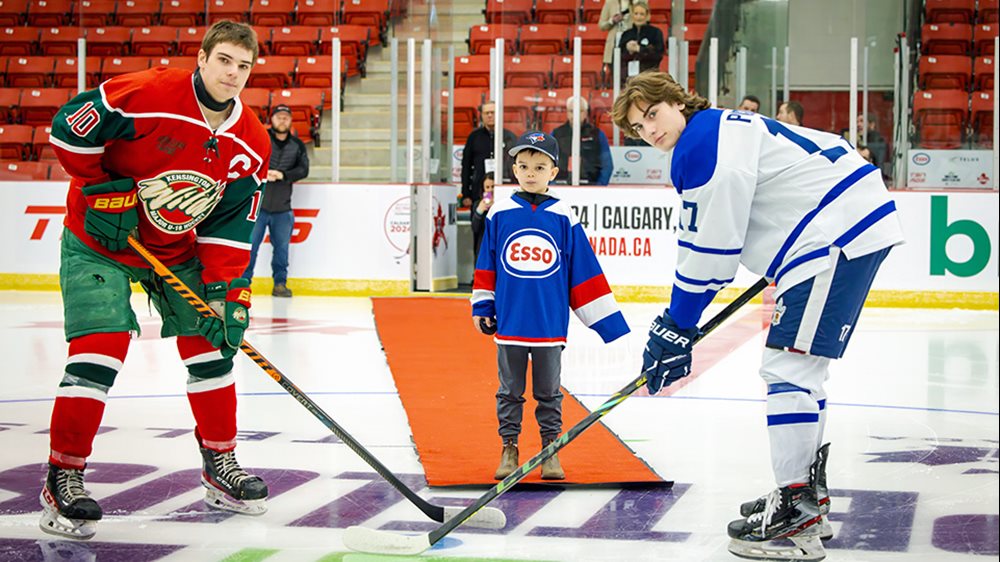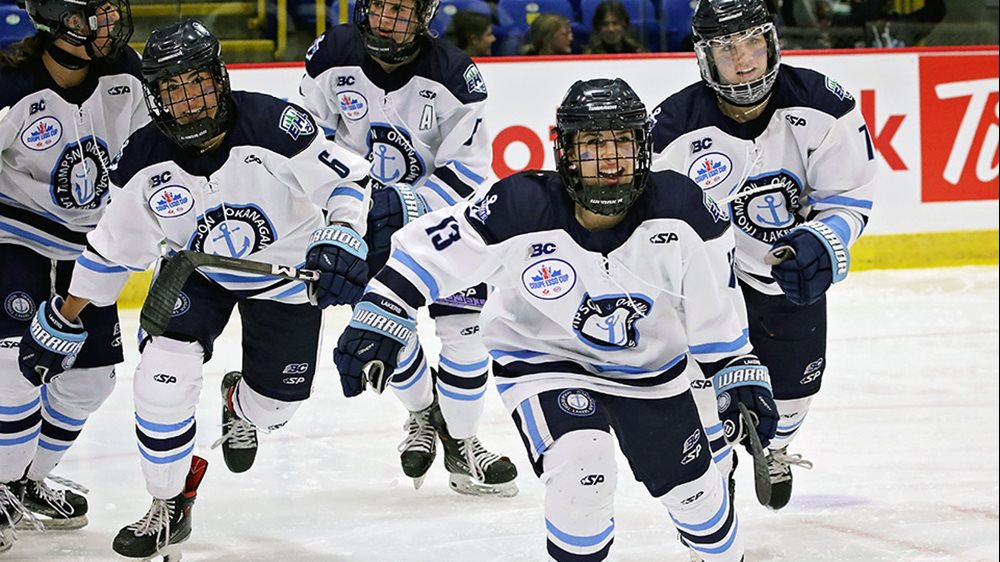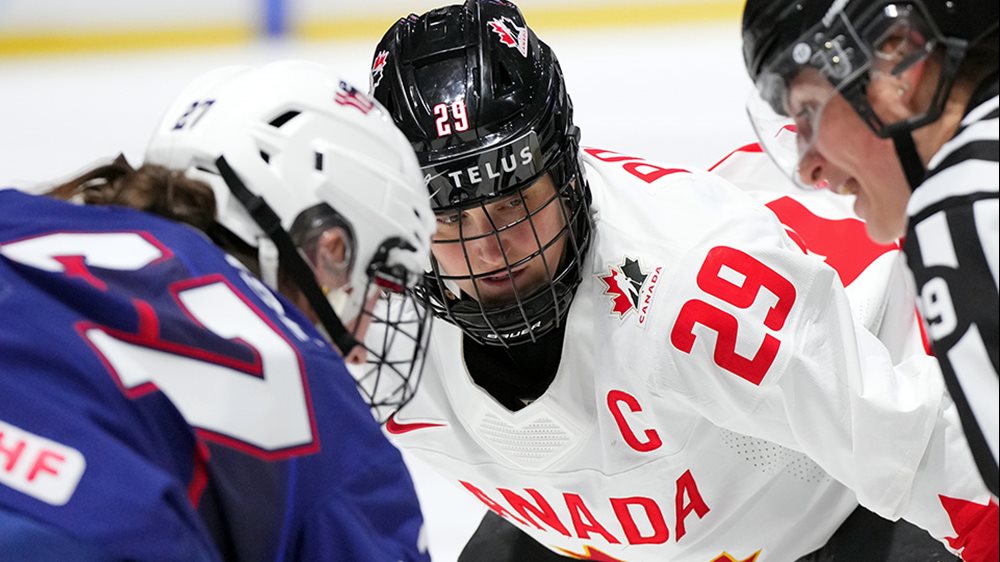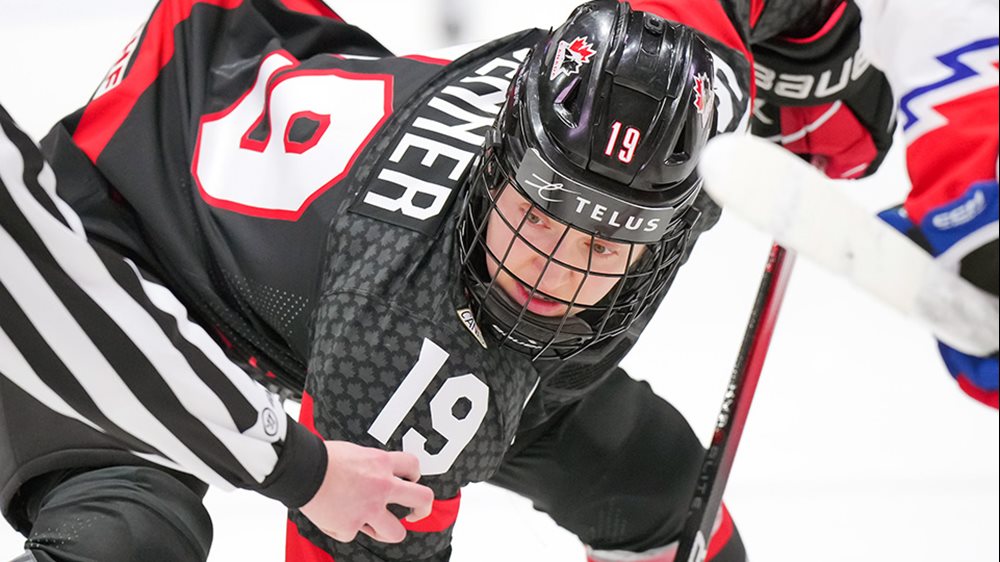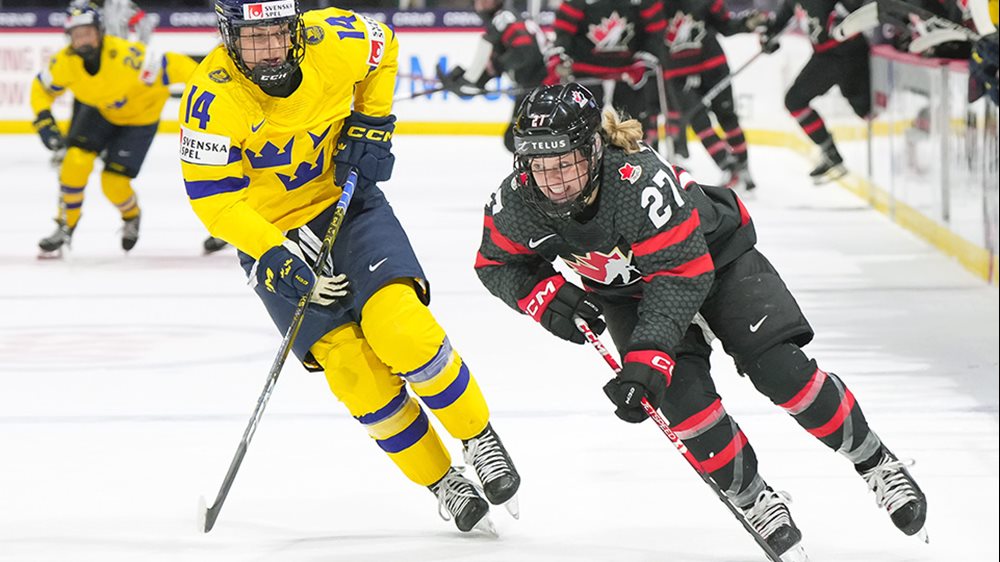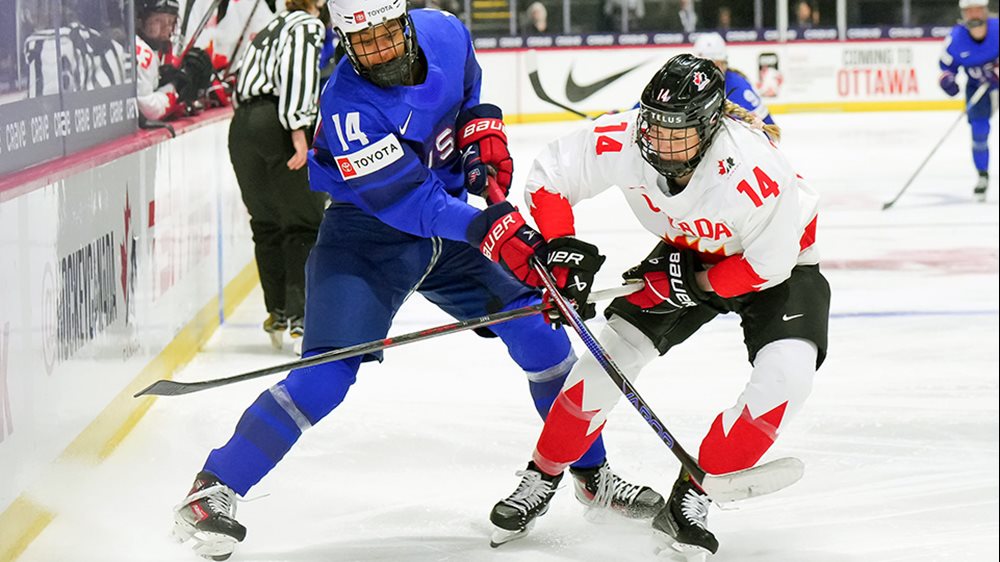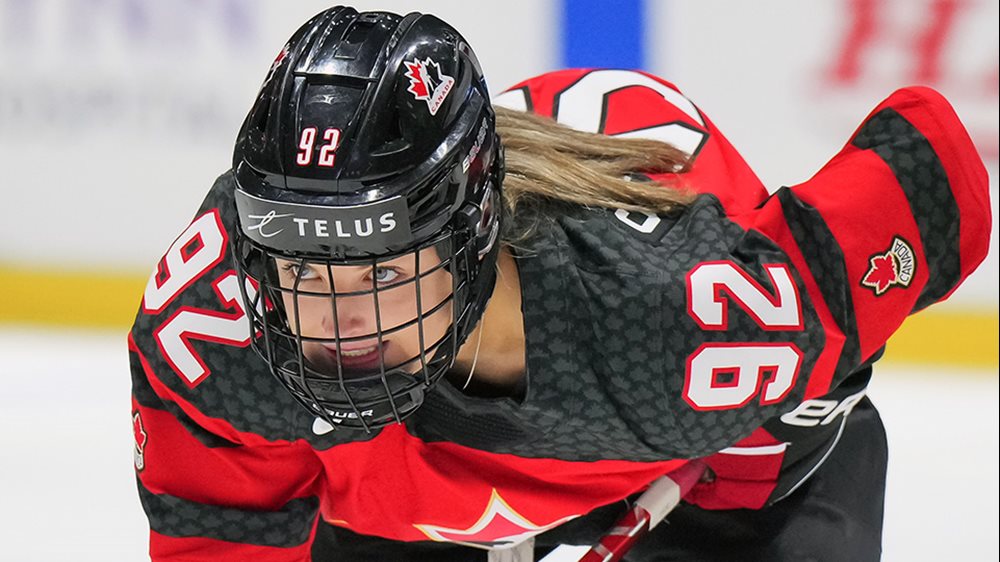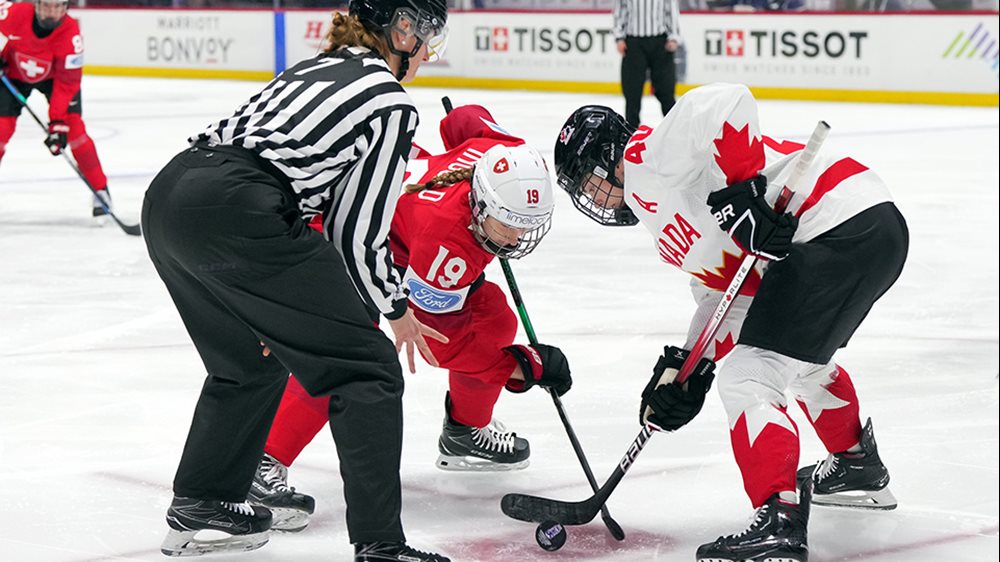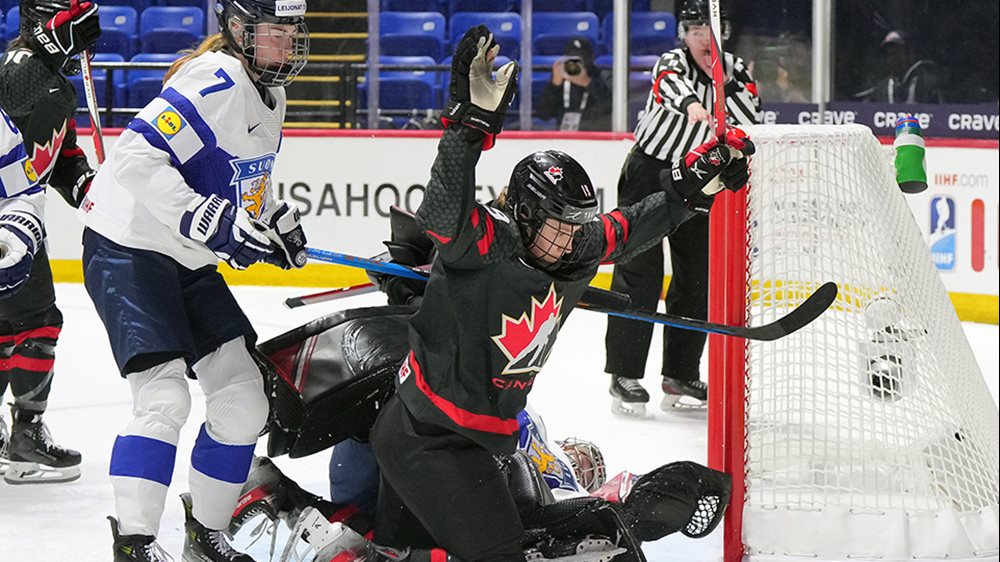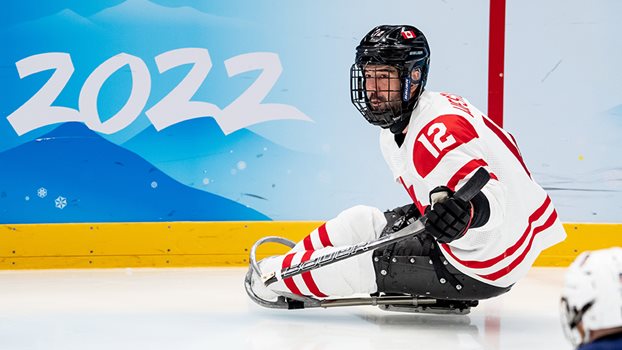
Paralympic Recap: United States 5, Canada 0
Larocque made 15 saves as Canada finished with the silver medal in Beijing
GAME STATISTICS | LIVE GAME BLOG
BEIJING, China – Canada’s Paralympic Hockey Team finished with a silver medal at the 2022 Paralympic Winter Games after falling 5-0 to the United States in the gold medal game on Sunday.
• Liam Hickey (St. John’s, N.L.) led all Canadian skaters in shots on goal (four) and time on ice (35:01). • Billy Bridges (Summerside, P.E.I.) and Greg Westlake (Oakville, Ont.) recorded two shots apiece. • Dominic Larocque (Quebec City, Que.) made 15 saves. • The United States outshot Canada 20-16. • Captain Tyler McGregor (Forest, Ont.) was Canada’s leading scorer, finishing eighth in tournament scoring with eight points (5-3—8). • Adam Dixon (Midland, Ont.) led Canada during the tournament in average time on ice (26:34), plus/minus (+6) and assists (five).
Quotes: “I am very proud of our team and our staff. I am proud of the effort of all 17 players on our roster, and I am grateful for all the Canadians that supported us both in Beijing and back home. It is a tough loss, but we can look at the big picture and appreciate the process and sacrifices we made to be in this position to represent our country. At the end of the day, we played hard and gave it our best, but unfortunately it did not go our way today.” - Head coach Ken Babey (Calgary, Alta.) on the gold medal game
“It is always difficult to lose in a gold medal game. After everything our team has been through over the past four years, and especially over the past two years, we never stopped believing in each other. I could not be more proud of every player in our locker room, as well as our entire staff, for the work we have put in to get to this point. It is tough to fall short of a Paralympic gold medal, but we need to hold our heads high and be proud of the way we competed and represented Canada.” - McGregor on the belief amongst his team
“It is an honour to wear the Maple Leaf, and despite not getting gold today, I cannot say enough good things about this team and the way we have improved the last four years. We have gone through an incredible journey to get to this moment, and every single person on our team is so deserving of this medal. It may not be the medal we hoped for, but we can be very proud of the fact that we all stepped up to the best of our ability to make contributions both on and off the ice. I am just so proud of the entire team.” - Westlake on winning silver
For more information on Hockey Canada and Canada’s Paralympic Hockey Team, please visit HockeyCanada.ca, or follow through social media on Facebook, Twitter and Instagram.
For more information: |
- <
- >
